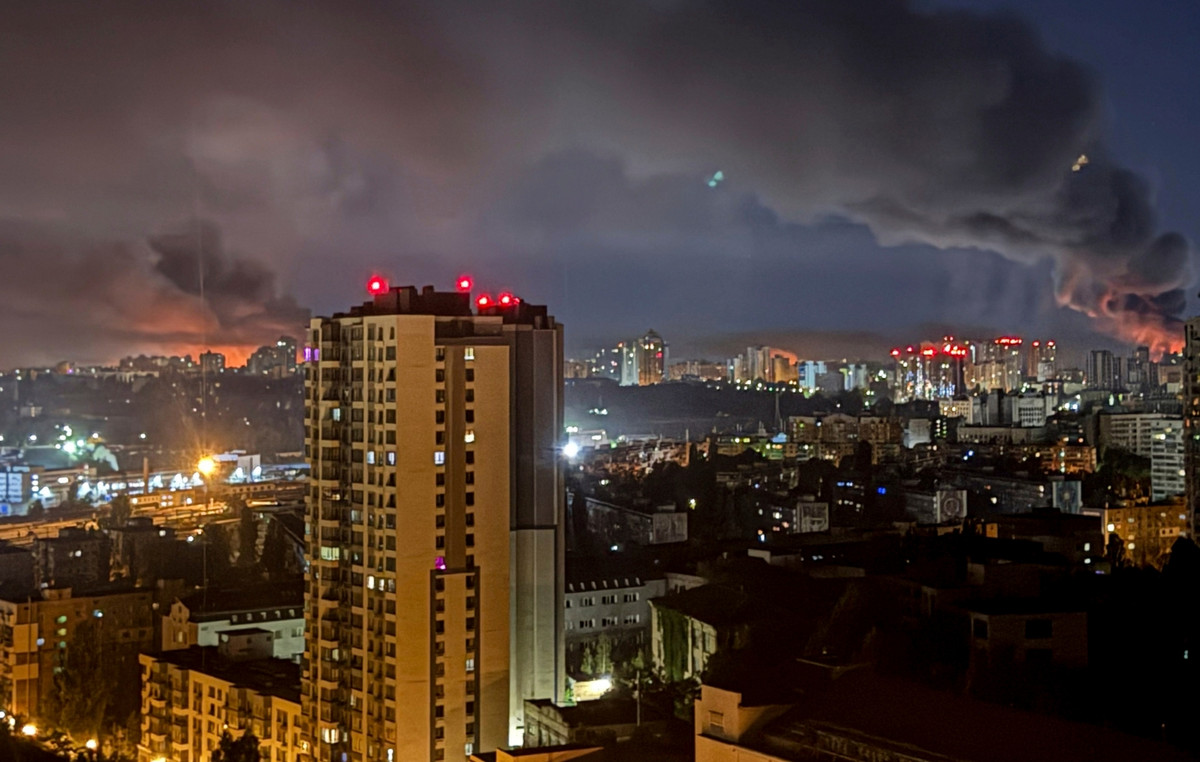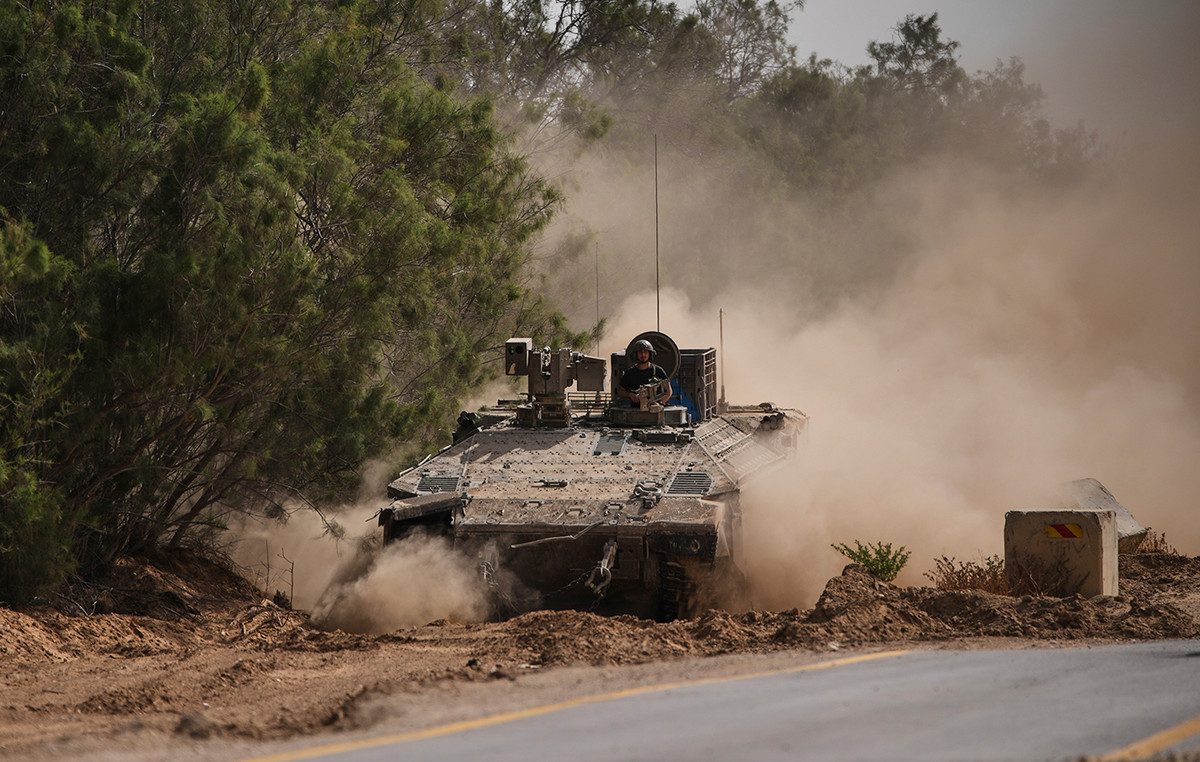Iran’s attack on Israel on Tuesday (1st) could change the balance in the already extremely tense situation in the Middle East, as Israeli Prime Minister Benjamin Netanyahu promised that Tehran “will pay” for the offensive.
So far, Iran has mainly used its proxies in the region—Hamas in Gaza, Hezbollah in Lebanon, and the Houthis in Yemen—to attack Israel.
When it attacked Israel directly in April, after accusing it of bombing its diplomatic compound in Syria, the attack seemed designed for effect rather than impact.
Tuesday’s missile strikes felt different.
The Pentagon said Iran’s attack on Tuesday was twice as large as Iran’s last offensive against Israel in April. Tehran said the attack was a response to the killing of Hezbollah leader Hassan Nasrallah and others.
The offensive came just hours after Israel announced that it had launched a “limited and localized” ground operation against Hezbollah in Lebanon — something that would have been seen by Iran as an escalation.
While the Israel Defense Forces (IDF) said most of the missiles were intercepted, some landed on Israeli soil and appeared to have caused damage.
Unlike in the spring, when Israel had days to prepare for attacks, on Tuesday it received little warning, knowing of the imminent threat just hours before Tehran launched the offensive.
What Israel decides to do in response could shape the next stage of the conflict. The country opted for a limited response in April after calls from the US and other allies to exercise restraint. But the words used by Israeli officials on Tuesday suggest the reaction could be stronger this time.
IDF spokesman Rear Admiral Daniel Hagari called the offensive a “serious attack” and said “there will be serious consequences.” Hagari did not elaborate on what those consequences would be.
The concern among the international community is that Israel may decide to attack some of the Iran’s nuclear facilities. This is something Israel did not do in April — possibly because it was concerned about how Hezbollah would react to such a strong move.
Instead, he chose to attack military defenses near these installations. With Hezbollah greatly weakened following the recent wave of Israeli attacks targeting its top commanders, this risk may now play a much smaller role in Israel’s calculation.
This content was originally published in Analysis: World holds its breath as Israel evaluates response to Iran’s attack on the CNN Brasil website.
Source: CNN Brasil
Bruce Belcher is a seasoned author with over 5 years of experience in world news. He writes for online news websites and provides in-depth analysis on the world stock market. Bruce is known for his insightful perspectives and commitment to keeping the public informed.







